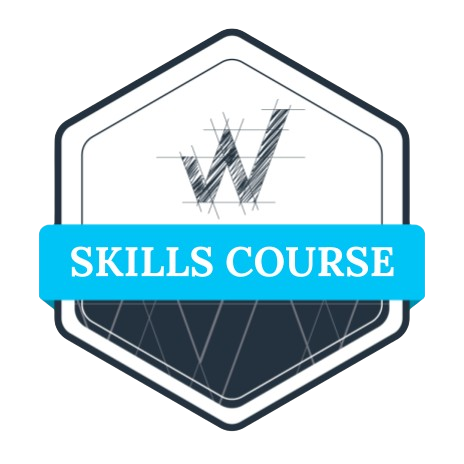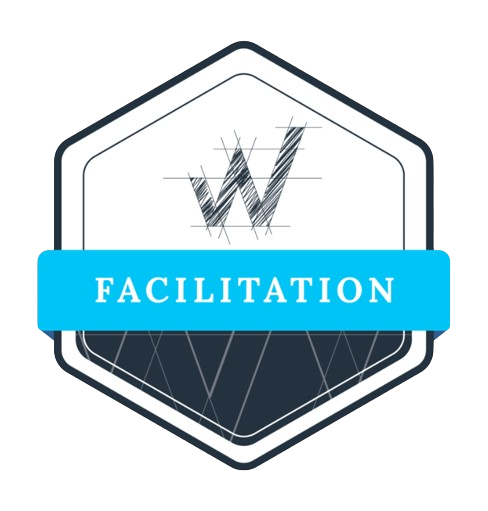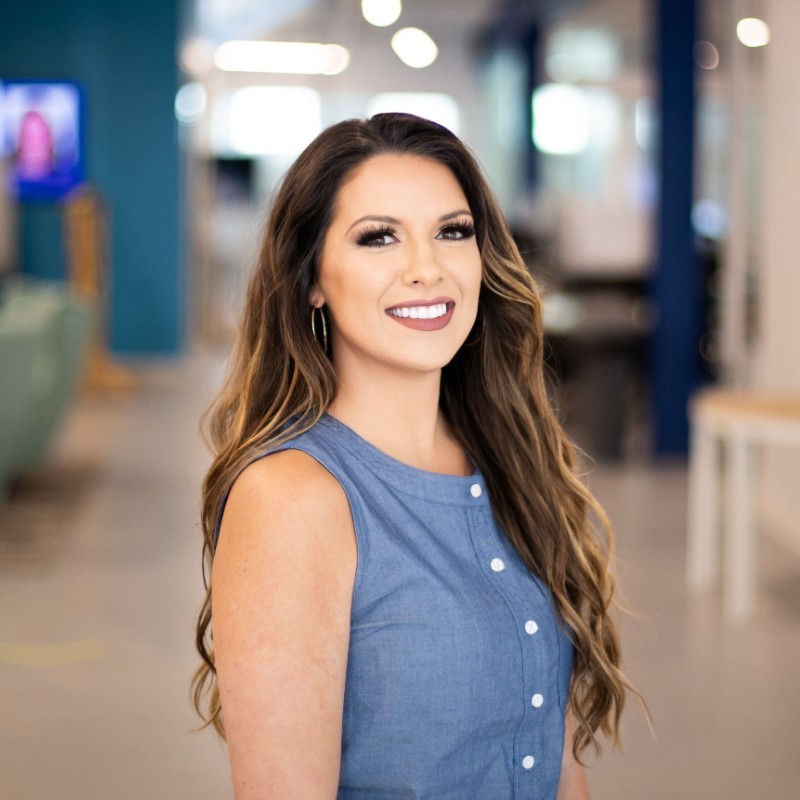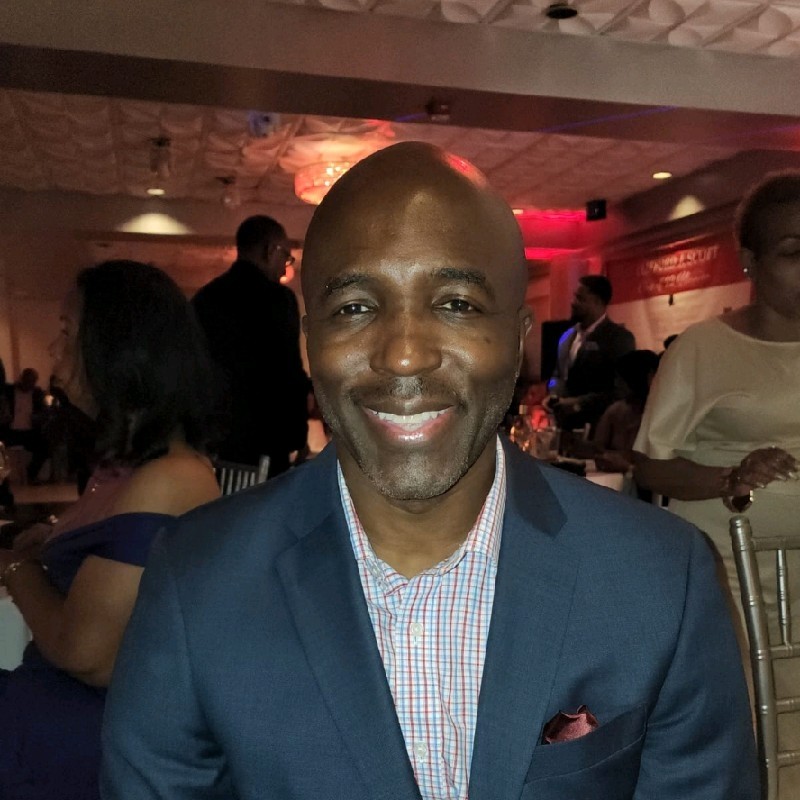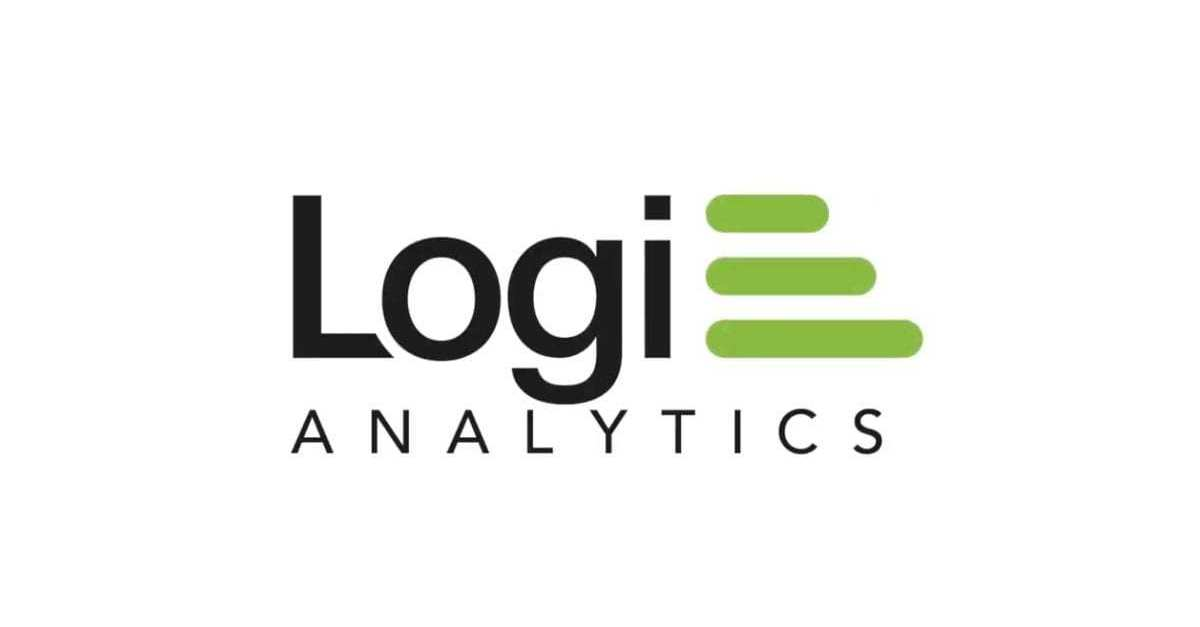Learn About a Wide Range of Sales Training Topics
Give your entire sales teams access to the industry’s most highly rated training and coaching programs that cover a vast range of sales training topics geared to drive recurring revenue.
Processes for all revenue teams
Achieve sustainable growth, with consistent process design and training applied across the entire Revenue team
Live, interactive training led by experts
Give your reps the fundamental skills needed for their roles – whether AE, SDR, CSM, or Manager
Trusted by 600+ SaaS companies
We help recurring revenue teams achieve sustainable growth. Our scientific models and frameworks are used by high-growth Scale-Ups, startups, and Fortune 500 companies
Our Process
In a modern recurring revenue business, it is impossible to scale without treating growth as a science. We apply proven frameworks and expose the math that underpins each step of the customer journey.
Diagnose
Uncover gaps and opportunities to optimize recurring revenue growth
Design
Apply a universal methodology and process across your entire customer journey
Activate
Activate through defined processes and playbooks, implemented directly into your workflow
Train
Arm your reps with the core skills for success, with a common language to unify as one GTM team
Coach
Provide your team with ongoing development to make change stick, gauge progress, and reach your goals
Client Results
Consultative Sales Training
When sales professionals decide that they need to learn more about a sales methodology — whether it’s consultative sales or any other — they inevitably hit the books. Online searches for terms like “best B2B sales books” and “best tech sales books” return hundreds of results that touch on consultative sales. Some have titles that sound familiar because they have stood the test of time. Others have someone whose face you recognize on the cover. All of them promise, usually in boldface type, that they will share the secrets of making effective sales calls, discerning what the customer really needs, and building long-term relationships that lead to more sales in the future.
But no matter how great their advice or how innovative their approach might be, even the best books on consultative selling fall short for the same reason: They aren’t a substitute for consultative sales training. This methodology, like any other, requires that you take a more proactive approach. For example, you can read about the importance of shifting the customer’s decision-making criteria from price (what they pay for your product) to impact (the increased revenue, decreased costs, or operational efficiencies they gain by using your product). But it’s another thing to take what you read and apply it to a real-life situation. Knowing what you should do and actually doing it are two very different things.
Here’s another thing to remember: modern sales methodologies like consultative selling aren’t intended to be ways for one account executive to reach out to more prospects or close more deals. To be as effective as possible, consultative selling needs to be a team effort. Every part of your go-to-market team — Sales, Sales Development, Business Development, Customer Success, and Revenue Management — should be involved. They should speak the same language so that passing a customer from Business Development to Sales or from Sales to Customer Success is completely seamless. And they should work together to ensure that the customer feels that they are being taken care of by every member of your team. The best sales books can’t teach that.
At Winning by Design, we understand the value of books. After all, we have published a wide range of books highlighting sales methodologies, especially the SaaS sales method. But we know that when it comes to learning about sales, nothing beats hands-on training. Our company has the right mix of interactive training sessions, engaging instructors, cutting-edge research, and detailed blueprints for each step along the customer journey. These are skills that you won’t pick up even in the best modern sales book.
Consultative Approach
A sales methodology is the framework that a company uses to execute their sales process. Older methodologies, such as solution selling, were all about closing the deal. A customer would come to a sales team already aware of the problem they were having and the probable solution. The sales team’s only job was to assist the customer with selecting the right product. Because this methodology was based on the traditional sales funnel, getting the customer to sign on the dotted line was the primary goal. If the customer was satisfied with the solution, they might come back the next time they had a problem.
Sales methodologies have gotten more sophisticated since then. The consultative approach is about establishing a long-term relationship with a customer. The consultative selling process starts when the customer first reaches out about a problem they are having. Sales reps take the time to research a company and figure out their pain points. By the time they sit down with the customer, they already know as much as they can about their problems and the potential solutions. The questions they ask establish them as experts on the topic. The customer treats them as advisors who can help them navigate the decision-making process.
There are many examples of consultative selling. SPIN selling, which focuses on how to effectively ask good, thoughtful questions, is one type of consultative selling. In fact, the ability to ask the right kinds of questions is one of the hallmarks of a consultative sales presentation. You’ll probably start off with situational questions. This type of question is extremely useful in sales because they set the boundaries for the conversation. They allow the customer to understand what the conversation will accomplish. Then you move on to pain questions that pinpoint the challenges that your customer is facing. You wind up with impact questions that explore the effects of the pain. How has their company been impacted? What are the long-range consequences?
Consultative Selling
Why focus on consultative selling? Many companies that are using the recurring revenue model are starting to see their conversion rates decline because their sales teams are not well equipped when it comes to servicing the ongoing needs of their subscription customers. By focusing only on closing the deal, those companies are preventing their go-to-market teams from providing true impact for customers. That’s why consultative selling is so important. Because the focus is on building long-term relationships with customers, consultative selling takes into account the 93% of a customer’s lifetime value can come months or even years after the initial deal.
As we mentioned before, the consultative selling process starts when your sales team makes contact with a customer who has a problem they want to solve. Winning by Design’s consultative selling training programs are vital to business success because they help you and your team connect with customers from the beginning of the sales process. Our trainers come from the business world, so they don’t just give you examples of consultative selling. They tell you about real-life situations that they encountered. Because our courses are designed to be interactive, trainers get participants to discuss their own challenges. This is not something you can get from books on consultative selling.
Winning by Design doesn’t offer one-size-fits all training. Each of the courses available through our Revenue Academy, known for its top-rated training and coaching for go-to-market teams, offers role-based training for your entire team. We have teaching tracks geared toward Account Executives, Sales Development Representatives, Customer Success Managers, and Sales Managers. And there are also courses for frontline managers, as well as your team members who aspire to move up in the ranks. We offer open courses that are perfect for individuals or small groups from your team, along with private classes with customized curriculums that are great for a whole department. We also have coaching that ties everything together.
Consultative Selling Questions
When it comes to consultative selling, questions you ask are perhaps the most important part of the process. There are two fundamental types of questions that you can use: closed and open. Closed-ended questions provide context and help you get to the point faster. They generally have a very narrow range of possible responses, sometimes just yes or no. An example would be: “Have you encountered this issue with your HR software before?” Open-ended questions get the customer talking. They’re more likely to share what’s really going on inside their company. Open-ended questions help you understand the pain the customer is experiencing. Examples of open-ended questions for sales teams include: “How does your team currently access your CMS?” and “What’s the best part of your video conferencing system?”
Most b2b sales questions are either closed ended or open ended for a reason. Situational questions — the ones you use to set the parameters of the discussion — are generally closed ended. That’s because you probably already know the answer but want the customer to understand what you’ll be talking about. Pain questions are more open ended because you want the customer to explain the challenges they are encountering. Impact questions are also open ended because you want to understand how the problem is affecting their company. A few examples of high impact questions would be: “What are the long-range consequences of choosing that particular software?” and “How did disbanding that department affect employee morale?” Remember that there are two types of impact: rational and emotional. Rational impact is most often measurable in dollars and cents. Emotional impact is how the customer feels. People tend to make emotional decisions first, then back them up with facts and figures. That means emotional impact can be incredibly important.
Before compiling a list of questions to ask customers when selling a product, start off by researching your customer’s company. If your sales team has already had a conversation with someone at the customer’s company, review the meeting notes to find out what was discussed. If possible, talk directly with the salesperson who handled that call. By the time you have your first meeting, you’ll be able to ask engaging sales questions about their company.
It’s a good idea to practice sales pitch questions and answers with your account executives. Ask more experienced members of your sales team to ask 10 questions that they know get a good response from customers. Have them explain the purpose of each question for your newer team members. A great way to do this is through Winning by Design’s highly regarded training courses, which include examples of all the types of questions your team can ask during consultative selling. Interactive role-playing sessions help them to effectively connect with prospects, have more impactful conversations, and increase their ability to get a commitment from the customer.
Related Articles
Get in touch
Contact us to see how we can help your team transform.
